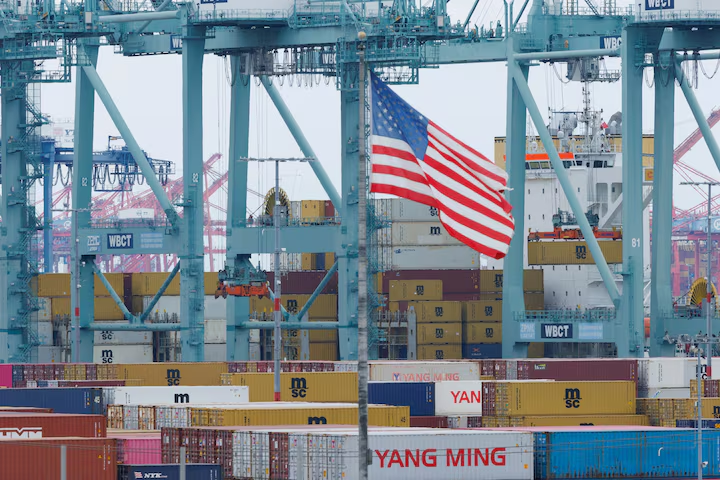ExxonMobil Corp. has filed for arbitration to settle the dispute over the joint operating agreement governing its work with Chevron Corp. and Hess Corp. in the Stabroek block offshore Guyana. The disagreement arose after Chevron announced its $53 billion deal to acquire Hess Corp. ExxonMobil officials claim they have the right of first refusal to match the value assigned to Hess’ 30% non-operated interest in the ExxonMobil-operated Stabroek block. Chevron, however, recently stated that the right of first refusal provision doesn’t apply to its Hess acquisition plans. ExxonMobil officials have asked the International Chamber of Commerce to arbitrate the disagreement, which could take up to six months.
ExxonMobil’s senior vice-president, Neil Chapman, speaking at a Morgan Stanley conference, said that not going to arbitration would be “incomprehensible” because of the present and future value of the Stabroek project, and that it’s a fiduciary responsibility to shareholders. While he couldn’t get into contract language specifics, Chapman stated that the Stabroek JOA is based on industry standards and that the ExxonMobil team feels confident that an arbitrator will rule in its favor. ExxonMobil shares climbed on the arbitration request news.
The dispute centers around the right of first refusal provision in the joint operating agreement, which gives ExxonMobil the right to match any offer for Hess’ stake in the Stabroek block. The arbitration process will determine whether Chevron’s acquisition of Hess triggers ExxonMobil’s right of first refusal. The outcome of the arbitration could have significant implications for the planned acquisition and the future development of the Guyanese oil field.
Exxon operates the Stabroek project and owns a 45 per cent stake in it. The China National Offshore Oil Corporation owns 25 per cent, while Hess holds the remaining 30 per cent that would transfer to Chevron if the deal closes.
Exxon argues that its right to pre-empt the sale of the stake in Stabroek is baked into a joint operating agreement with Hess and Cnooc.
“We’re absolutely confident that within this contract, we have pre-emption rights, and we have filed for arbitration to make sure that we can secure those pre-emption rights,” Neil Chapman, Exxon senior vice-president, told a Morgan Stanley conference on Wednesday.
“The pre-emption rights are to give us the opportunity to look at the value, which we can then match should we choose to do so.”
The move threatens to derail what is the biggest acquisition in Chevron’s history. Chevron said last week that neither it nor Hess believed the right of first refusal applied in this instance, but warned that if an arbitration process found otherwise, the deal would not close.
In a statement on Wednesday, Chevron said: “We remain fully committed to the transaction, and are confident in our position. We look forward to closing the transaction on the terms we’ve agreed.”
Hess and Cnooc did not respond to requests for comment.
Exxon argues that it shouldered significant risks and costs in making the discovery and that it has a duty to shareholders to ensure it is rewarded.
“The reason this is important is we, along with the partners, took tremendous exploration risk, financial risk, commercial risk when we went into this joint venture,” Chapman said.
“It looks great now. It’s created great value for the country of Guyana and for the partners. But there was a risk associated. So we want to ensure that we realise the value that we’ve created,” he said, adding that arbitration of this nature tends to take five to six months.








